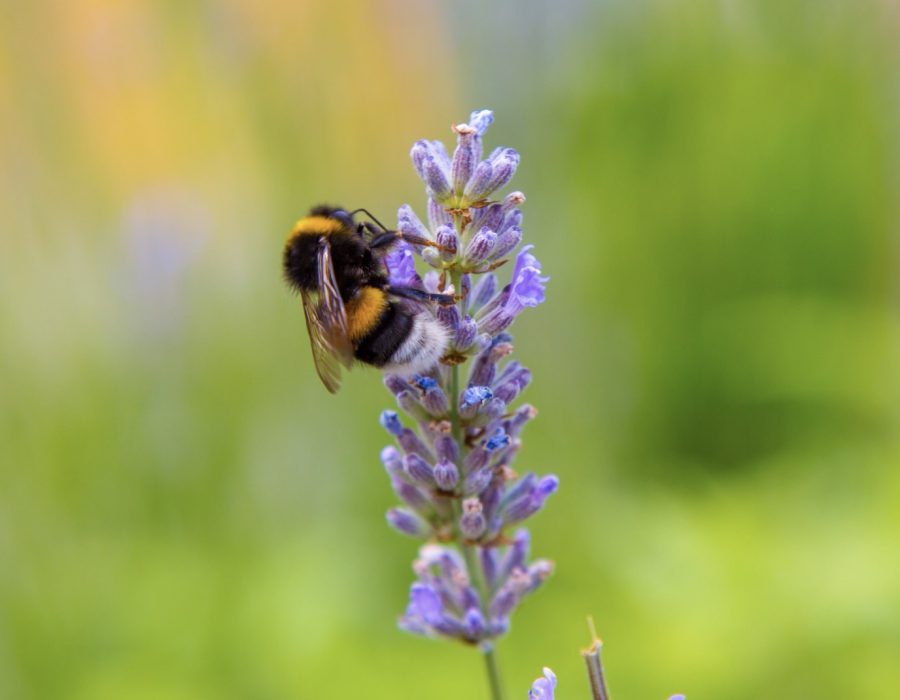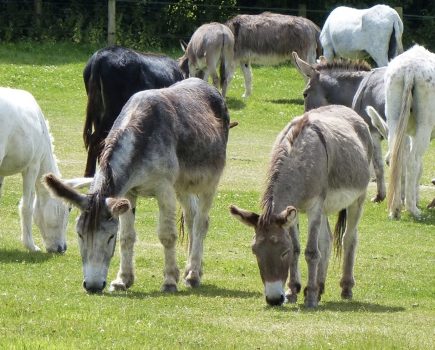The Royal Horticultural Society (RHS) is launching a nationwide initiative to monitor ‘Bumbles on Blooms’, in a bid to identify which plants are most visited by bumblebees in spring and help these vital pollinators to thrive.
From 12 February until 31 May 2024 the RHS, supported by the Bumblebee Conservation Trust, is calling on all members of the public to observe bumblebee sightings on flowers in gardens and parks across the UK, and record their findings and photographs.
Bumblebees are a vital group of wild pollinators, helping to pollinate our garden plants as well as much relied on crops such as apples, tomatoes, and peas.
When the weather starts to warm, queen bumblebees emerge from hibernation seeking flowers to provide nectar as fuel for flight and protein-rich pollen to feed the developing larvae of the worker bees.
The duel challenges of habitat loss and climate change mean that the availability of flowers in springtime is critically important for helping bumblebees establish successful colonies at the start of the season.
Data gathered during this project will help boost bumblebee populations by ensuring that gardeners receive the best advice for what to plant, and improve our understanding of their habits. Wildlife specialists from the RHS will monitor the results that could also provide valuable insight into whether factors such as flower colour and how urban or rural a site is influence bumblebees’ plant choice.
Getting involved in this project requires a few simple steps:
- Photograph bumblebees on flowers
- Check the identity of your bumblebees (simply submit as ‘bumblebee’ if unsure)
- Submit your record to the ‘Bumbles on Blooms’ project on iNaturalistUK2 (app or online)
Helen Bostock, RHS Senior Wildlife Specialist said: “Bumblebees are a vital part of our ecosystem, pollinating our crops and flowers, and playing a key role in much of the food we eat. In the face of large-scale changes to the countryside and the ensuing decline in their numbers, flowers in gardens and parks are an increasingly important source of pollen and nectar for bumblebees. This project is an opportunity to give back; the better we understand which plants these industrious insects most rely on, the more we can help them to thrive.”
For more information on the project and how to get involved please visit: www.rhs.org.uk/bumbles-on-blooms
More news like this can be found in The Country Smallholder magazine. Subscribe here.
For FREE updates from the world of smallholding, sign up for The Country Smallholder newsletter here.








